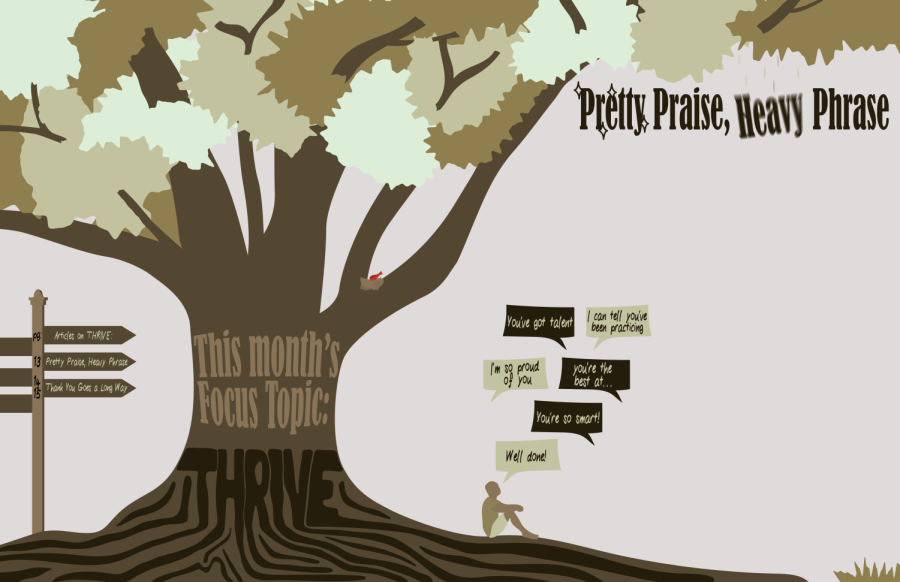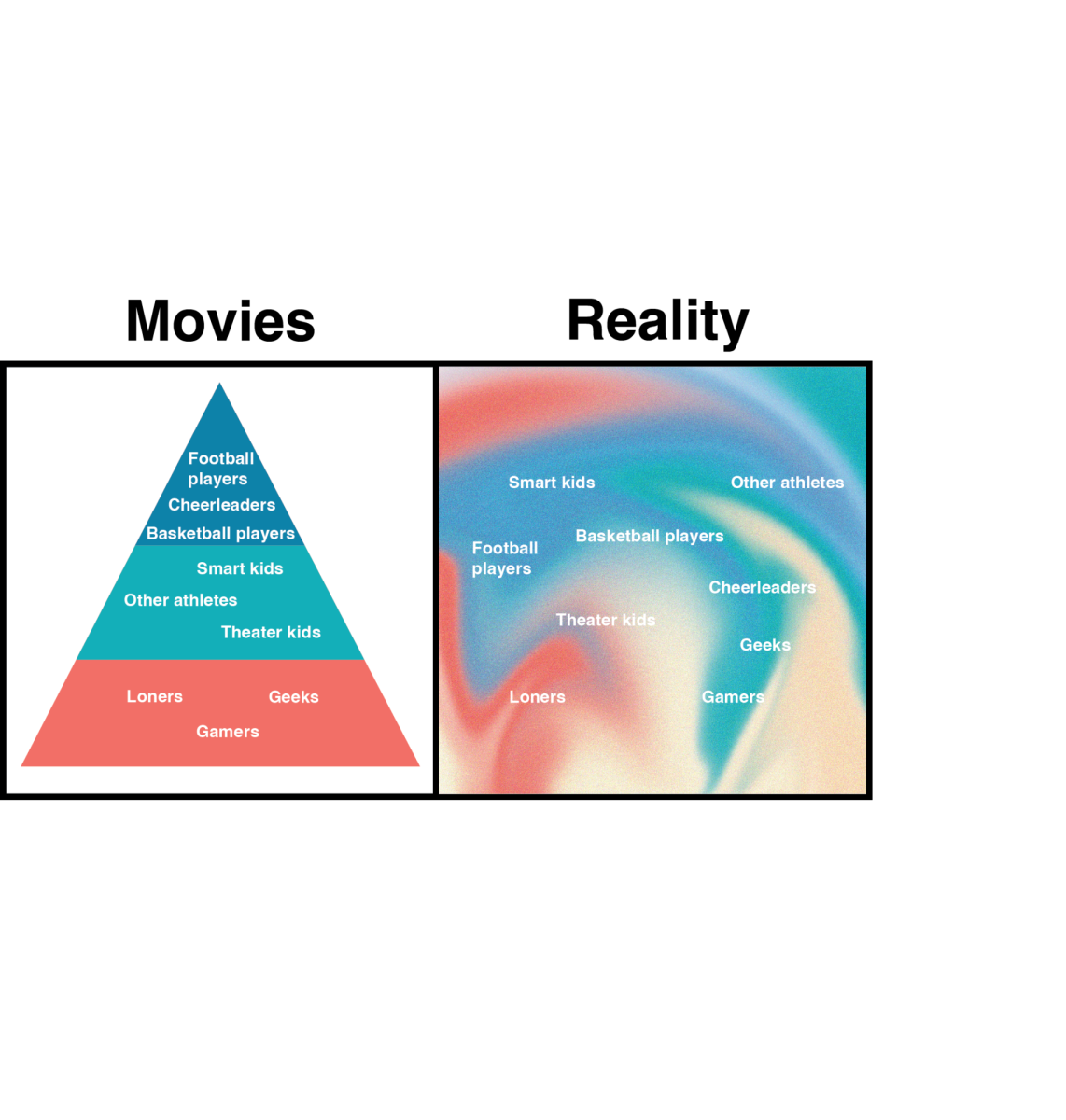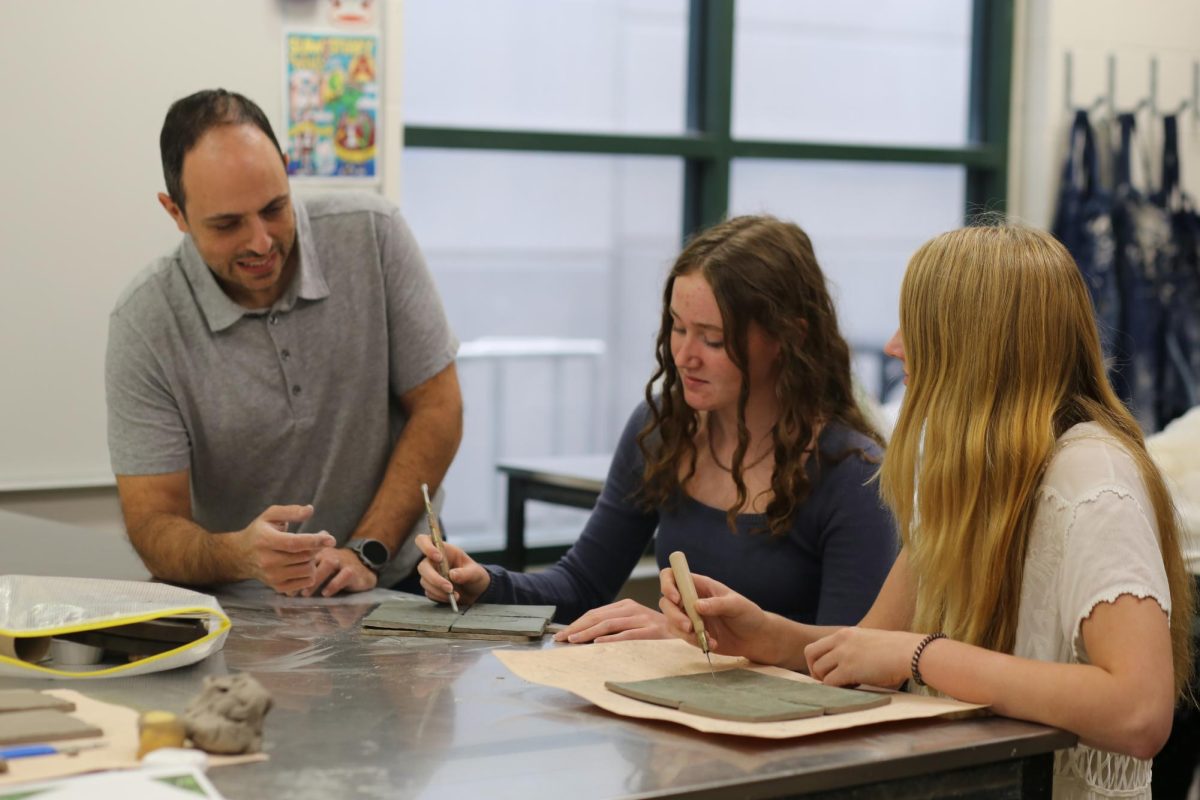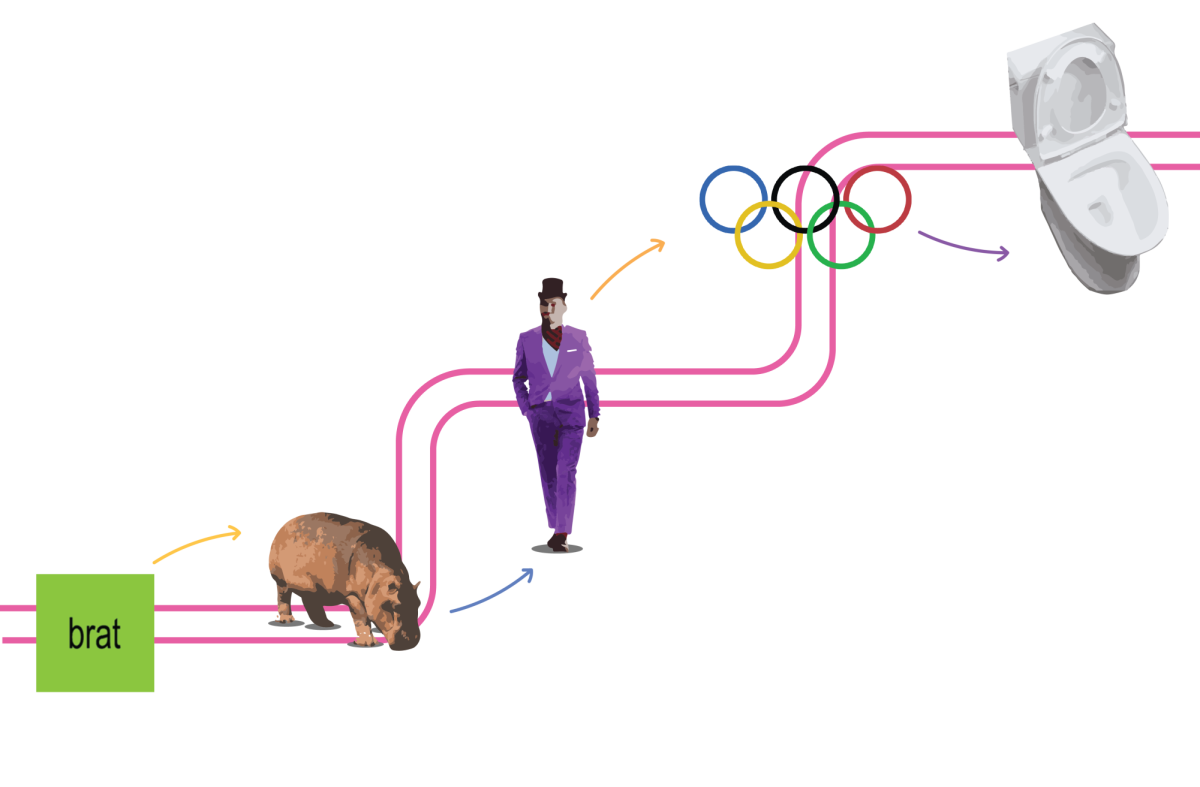In a world where positive reinforcement is often seen as a necessary tool for boosting self-esteem, comments like “you’re so smart” may sound like a pleasant compliment, but can carry a negative connotation.
Praise is a powerful tool in education. It can motivate students, boost their self-esteem, and create a positive learning environment. However, excessive or insincere praise can have a negative impact on students, leading to a fixed mindset, lowered resilience, and a lack of motivation.
According to studies published in the Society for Research in Child Development, when students are praised for their intelligence or natural abilities, they may begin to see their success as innate rather than the result of hard work and dedication. This can create a fixed mindset, where students believe that their abilities are limited and cannot be improved. Students with a fixed mindset are less resilient and less motivated to learn, as they may believe that their efforts will not make a difference. Health and Wellness teacher Dee Starling believes that praise is given when it’s deserved, and the type of praise is important.
“I believe you get praised when praise is deserved,” Starling said. “I think too much praise gives kids a sense of false accomplishment and maybe makes them complacent, because they feel like they’ve already reached their goals…they’re getting so much credit for something they didn’t really deserve.”
Insincere praise can also have a negative impact on students. When students are praised for tasks that are not challenging or for tasks they did not put in much effort into, they may begin to question the sincerity of the praise.
However, this does not mean that all praise is bad. Praising a student for legitimate effort and success, rather than easy accomplishments or innate traits, can increase their confidence, build their self-esteem and encourage them to continue to work hard. It can also create a positive learning environment where students feel valued, respected and appreciated.
“I think that you get that sense of accomplishment and praise if you’ve put in the time and you put in the work, and you can really reward yourself,” Starling said.
One study conducted by Stanford University found that children who received praise for their hard work were more likely to have a growth mindset, believing that their abilities can be developed through effort and dedication. In addition, students with a growth mindset are more resilient, more likely to take on challenges and more motivated to learn.
As for student-athletes like senior Lauren Thelwell, praise can also create a positive team culture. When athletes are encouraged to support and uplift their teammates, it fosters a sense of friendship and teamwork that can translate into better performance on the field or court.
“Getting praised in something you work hard in, and working as a team is the ultimate success to succeed together,” Thelwell said.
Starling contends that while praise might aid in self-improvement, it is ultimately up to the individual to do so and not to rely on others.
“I think self-improvement has to be self-driven,” Starling said. “Coaches can only do so much.”
















